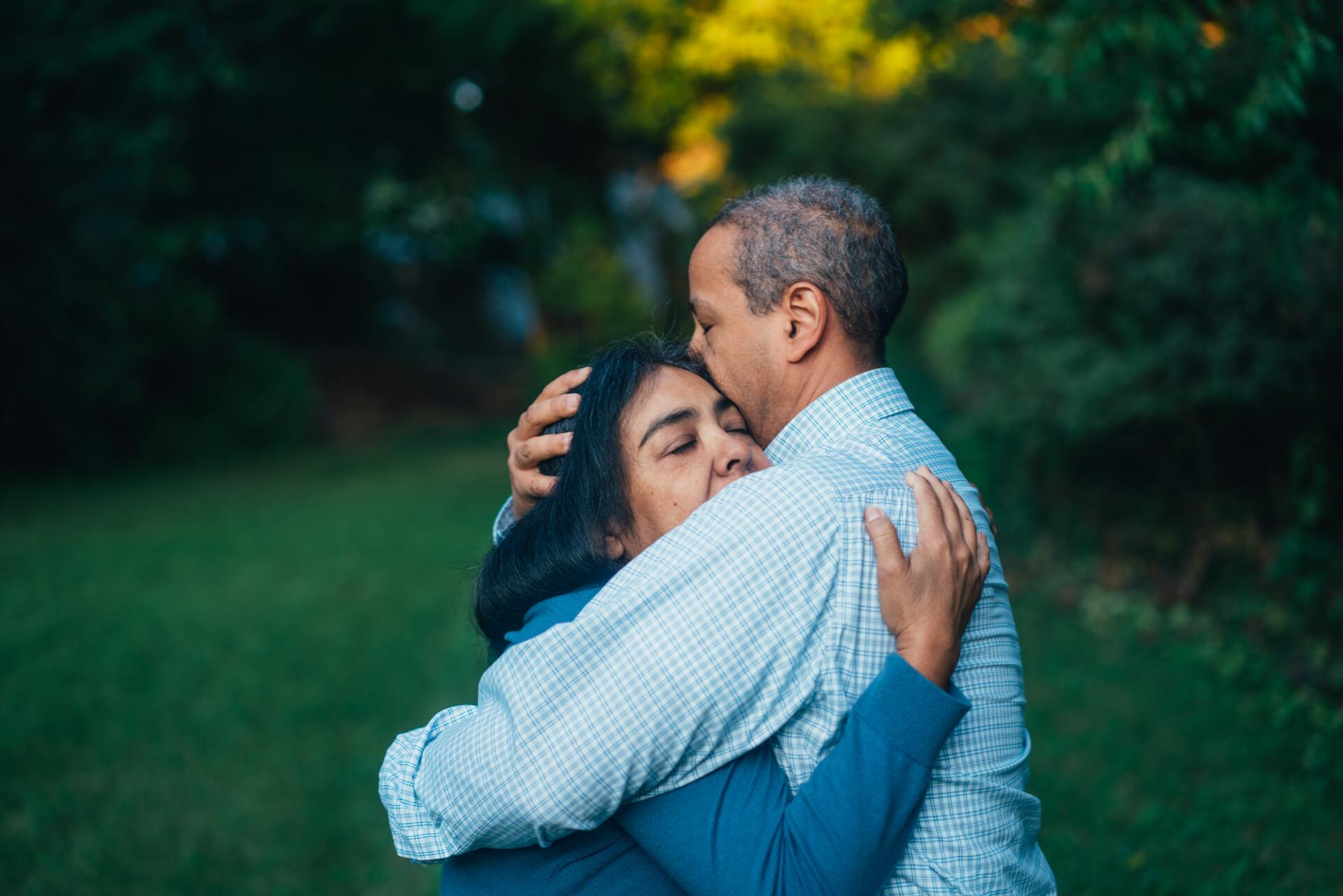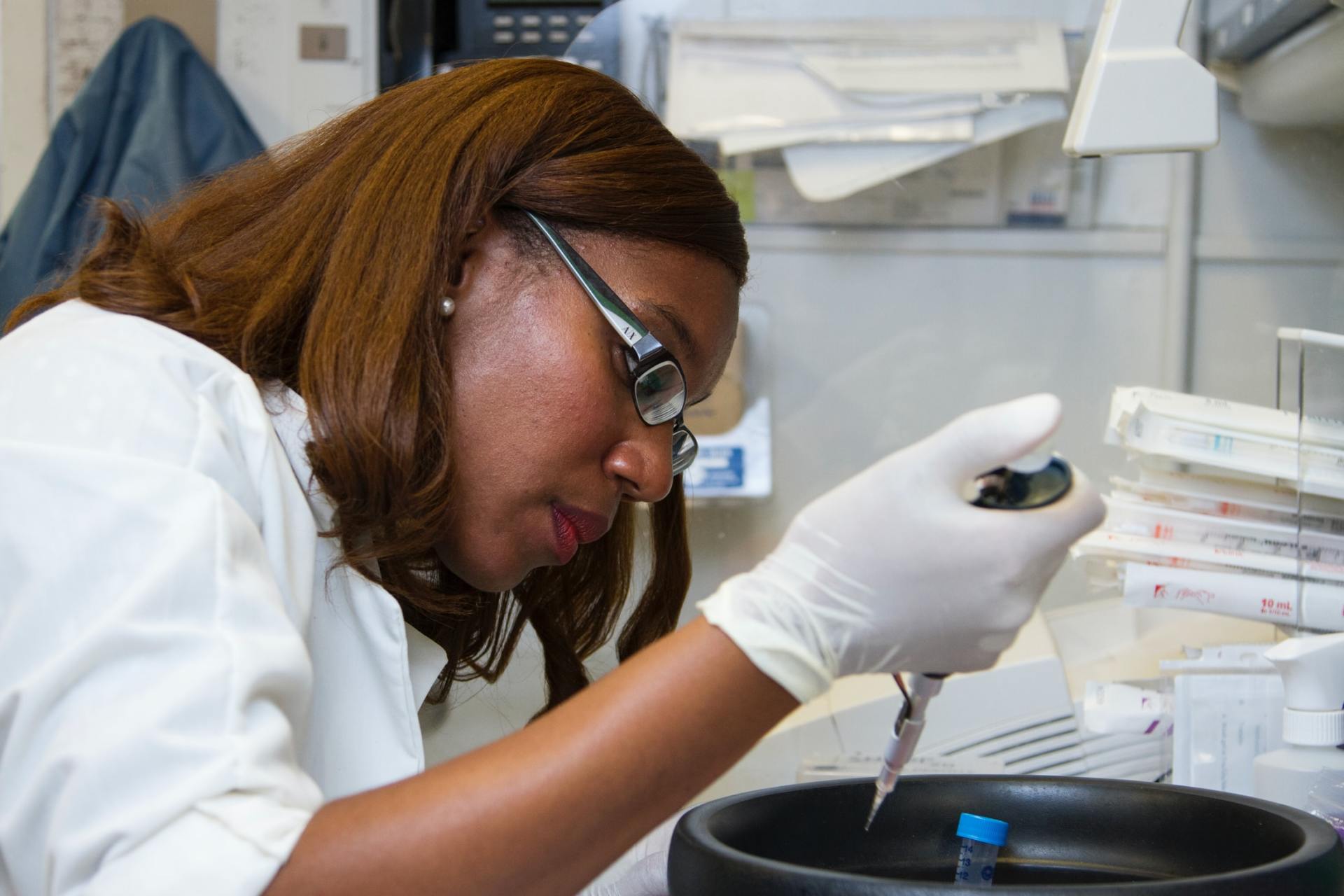Let’s talk about evidence….
NatiaCares was inspired by our personal experiences of cancer and from listening to the needs of people living and working with cancer.
Each individual story reflects the statistics. With 17 million new cases of cancer diagnosed globally in 2018 ( cancerresearchuk.org ) and with medical advancements continuously improving cure and survival rates for many common cancers, there are growing numbers of people living with the physical, psychological, spiritual, social and financial consequences of cancer. In the UK alone, it is estimated that the number of cancer survivors is growing by 1 million people every decade, projected to reach over 5 million by 2040 (1). In the US the statistics are more striking, where more than 15.5 million Americans with a history of cancer were alive on January 1, 2016, and the number of cancer survivors is expected to increase to 20.3 million by 2026 (2).
Recent expert consensus (European Society for Medical Oncology position paper 2018) concluded that cancer patients’ holistic needs are not currently being met and that Quality of Life (not just cure and survival) is of paramount importance in ensuring that patients and families are supported to adjust and rehabilitate to life with and/or after cancer. Physical symptoms such as pain and fatigue, along with psycho-social problems such as anxiety and depression continue to affect many people after cancer treatment, with associated - but often hidden - costs to families, health services and society. (
Cancer’s Unequal Burden: the reality behind improving cancer survival rates
Macmillan 2014)
In addition to family caregivers, there is a need to address the wellbeing of healthcare professionals working in oncology and palliative care settings, which demand high and often unacknowledged levels of emotional labour, and can lead to disengagement and burnout (3).
My yoga classes are full of healthcare professionals looking for ways to unwind, de-stress and resource themselves to keep going. As I know too well from my own practice as an allied healthcare professional, it is very hard to find what I call the balance between “loving and losing” (because, yes, healthcare professionals care very much about their patients – it’s the system that grinds them down).
Integrating complementary therapies into care
Near half of cancer patients in the UK and US are using complementary approaches to support their wellbeing during and post treatment (4)(5), but there is still a lack of clear, evidence-based guidance to help patients, families and professionals integrate their use into conventional medical care.
“We know that the scientific evidence base is growing for the use of some CT in cancer care. However, we would like to see more high-quality research in order to support patients, health professionals and commissioners to make informed decisions on the application of these therapies (April 2016 Macmillan Cancer Support)
Many people I’ve met through my music and yoga therapy practice who are living with and beyond cancer have told me of difficult conversations with doctors who – unless they are personally interested in, for example, nutrition, yoga or spirituality – may be dismissive of aspects of health and illness that they see as unrelated to treatment goals. This attitude, thankfully, is changing rapidly here in the UK and in the US, and there is now more acknowledgement of and access to legitimized complementary support via a growing number of Maggie’s Centres and similar US based charities that have changed the landscape and language around wellbeing and cancer.
However, I have run workshops and seminars in the UK for both cancer patients and healthcare professionals, revealing a lack of knowledge about and confidence in the uses of and recommendations for complementary and wellbeing approaches. Some people are skeptical about the “fluffy stuff” (until they experience the calming and steadying effects of yoga or the expressive potential of music, art or poetry) and some may be overwhelmed by the plethora of interventions, apps and websites on offer. Many people during and post-cancer would like to try meditation, yoga or music therapy but do not have the resources to pay for sessions or cannot access charitable complementary support delivered by properly trained therapists because there are no services available in their locale. So there remains not only confusion around the benefits of various complementary therapies, but considerable inequity of access to these across the country. One of our core missions at NatiaCares is to offer affordable, high-quality complementary support that can be used by people who need it, anytime and in the place of their choosing, thereby reducing this inequality.
But how can people distinguish between what is genuinely safe, helpful and effective, and what John Diamond described in his 2001 book of the same name as “Snake Oil”?
At NatiaCares, we are very keen not to overstate the potential benefits of our programmes. A recent scoping review of publicly available apps for cancer survivors included 151 apps, concluding that many of these exaggerate claims to empower patients, change their lives and even cure disease. More controls and guidelines are clearly needed to manage this burgeoning market. We look forward to developing research collaborations and gathering evidence about the effects of the NatiaCares programmes and sharing this with our users and readers, as time goes on.
As a starting point, and in this blogspace, we will discuss the evidence and rationale for each of our programmes, and signpost to relevant sources on our website for users to explore.
Yoga
Here are some quotes from people who attended Mindful Yoga courses I ran for a cancer support charity once a week over 6 weeks:
- I feel human again – was very isolated and sedentary
- I’ve become more aware of my body and breath
- Very helpful in recovering from cancer treatment in coming back into balance after the huge shakeup
- The practice of stillness and silence to take away with you and the confidence that you can use it to face whatever lies ahead
- Being caring to yourself and not self-critical
What is being described are subtle, positive changes that are extremely hard to evidence statistically. I do not know of any outcome measures that can be applied pre and post a yoga programme that could capture the delicate shifts in feeling and relating that these people describe. One of the core and most popular yoga texts, the Bhagavad Gita , describes yoga as “the journey of the Self, through the Self, to the Self”. This deep and archetypal journey often begins when we are challenged by suffering, loss or illness, and we see something of this gentle process in these people, most of whom had never tried yoga before.
But is there any “hard” evidence?
The NHS has published a guide to yoga
https://www.nhs.uk/live-well/exercise/guide-to-yoga/
and in the US, recent guidelines on complementary therapies for breast cancer patients endorses yoga to support wellbeing
https://ascopubs.org/doi/10.1200/jco.2018.79.2721.
Recently, a Cochrane Review (7) special collection on yoga was published which includes a meta-analysis of randomized controlled trials on yoga for patients with breast cancer including over 2,000 participants (8). This concluded that yoga can help reduce sleep-related problems and fatigue. It also showed that compared to other psycho-social interventions, yoga improved quality of life and was beneficial for anxiety and depression. There is also evidence for pain and relief of lymphedoema symptoms in women post breast cancer surgery (9) with themes of increased embodiment and body-acceptance from yoga post-treatment (10). At the present time, the majority of high quality, randomised-controlled trials in yoga for cancer are in breast cancer, post treatment. However, there are studies showing improvements in quality of life, fatigue, anxiety and distress in other cancers including lung, prostrate, gynaecological, colorectal, lymphoma and for reducing stress and anxiety during hospital treatment for childhood cancers.
I think an important point to raise is that there is no evidence to suggest that yoga taught by qualified therapists with a knowledge of cancer, causes adverse effects or harm to people with cancer, of any type or stage.
It is also important to clarify that “yoga” is not one sequence of movements or approaches, and that although the philosophy and intention of yoga at its core is the same, practices and schools of yoga will differ. However, some yoga classes are extremely physically challenging and more about strength and conditioning than what the ancient sage Patanjali describes as the goal of yoga –
to calm the fluctuations of the mind
(Sutra 1.2)
There is a great difference between a yoga class in a gym to which anyone can turn up, and a 1:1 or small group yoga therapy session delivered by a therapist with knowledge of cancer and therapeutic yoga to suit. A gym yoga class may include 20 or more students, of whom the teacher may not have any knowledge. Yoga therapists, however, will have in-depth training in the application of yoga practices (including postures, breathing, meditation, relaxation and other lifestyle modifications) and will spend time getting to know students and their needs, before designing a safe, personalised yoga programme specifically designed to support them during their illness and treatment.
At NatiaCares, we have looked at the evidence for yoga in cancer populations and at the protocols (this means the specific types of yoga practices, sequences and programmes delivered in each study) where they have been published. We have based the sequences we offer on these, and on clinical experience of teaching yoga to people going through treatment, post-treatment and in palliative stages of cancer. We have also borne in mind the needs of caregivers, both familial and professional.
We hope you will enjoy trying these safe, gentle and compassionate sequences, but also recommend - if you have any concerns whatsoever - that you check with your doctor before starting the programmes.
We will write about the evidence base for meditation and music therapy for people affected by cancer in a future blog. We look forward to hearing your thoughts on Natia Yoga, and are delighted to answer any questions you may have.
With warm wishes
NatiaCares (written by Kate Binnie, Yoga teacher, Mindfulness teacher, Music Therapist, Palliative Care MSc, Academic Researcher in School of Medicine, University of Bristol)
[1] Maddams, J., Utley, M. & Møller, H. Projections of cancer prevalence in the United Kingdom, 2010–2040. Br J Cancer 107, 1195–1202 (2012) d oi:10.1038/bjc.2012.366
[2] American Cancer Society, Cancer Facts and Figures 2019
[3] Trufelli, D. , Bensi, C. , Garcia, J. , Narahara, J. , Abrão, M. , Diniz, R. , Da costa miranda, V. , Soares, H. and del Giglio, A. (2008), Burnout in cancer professionals: a systematic review and meta‐analysis. European Journal of Cancer Care, 17: 524-531.
[4] Posadzki P, Watson LK, Alotaibi A ,Ernst E (2012) Prevalence of Complementary and Alternative Medicine-use by UK Cancer Patients: A Systematic Review of Surveys. J Integr Oncol 1:102. Doi: 10.4172/2329-6771.1000102
[5] Hyeongjun Yun, Lingyun Sun, Jun J. Mao 2017 Growth of Integrative Medicine at Leading Cancer Centers Between 2009 and 2016: A Systematic Analysis of NCI-Designated Comprehensive Cancer Center Websites
[6] Adam R, McMichael D, Powell D, et al 2019 Publicly available apps for cancer survivors: a scoping review BMJ Open 2019;9:e032510. doi: 10.1136/bmjopen-2019-032510
[7] A Cochrane Review is a systematic review of research in health care and health policy that is published in the Cochrane Database of Systematic Reviews. Cochrane Reviews base their findings on the results of studies that meet certain quality criteria, since the most reliable studies will provide the best evidence for making decisions about health care. Authors of Cochrane Reviews apply methods which reduce the impact of bias across different parts of the review process,
[8] Cramer H, Lauche R, Klose P, Lange S, Langhorst J, Dobos GJ. Yoga for improving health-related quality of life, mental health and cancer-related symptoms in women diagnosed with breast cancer. Cochrane Database Syst Rev. 2017;1(1):CD010802. Published 2017 Jan 3. doi:10.1002/14651858.CD010802.pub2
[9] Loudon A, Barnett T, Piller N, Immink MA, Williams AD. Yoga management of breast cancer-related lymphoedema: a randomised controlled pilot-trial. BMC Complement Altern Med. 2014;14:214. Published 2014 Jul 1. doi:10.1186/1472-6882-14-214
[10] Roanne Thomas et al., ‘Beyond the Body: Insights from an Iyengar Yoga Program for Women with Disability after Breast Cancer’, Holistic Nursing Practice 28, no. 6 (December 2014): 353–61




